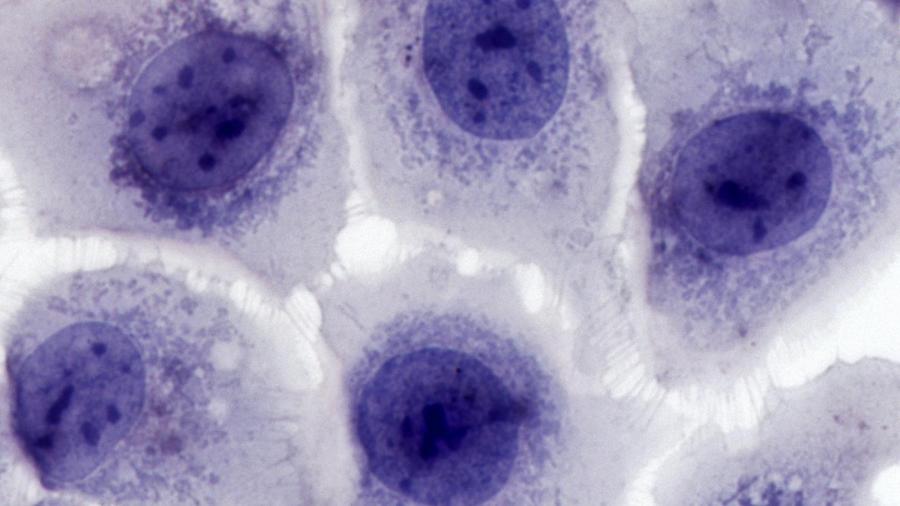What Is a Physiological Change?

A physiological change is a change in the normal function of a living organism. An example of a physiological change is the everyday shedding of dead skin cells in humans.
There are several types of physiology that scientists study every day including human, animal, plant, cellular, bacterial and microbial physiology. The study of physiology and physiological changes dates back to around 420 B.C.
Physiological changes are part of life and may be caused by internal and external forces. For example, pregnancy causes profound physiological changes in both people and animals, and external forces such as pollution also have a physiological effect on living organisms. Stress is a major cause of psychological changes and, in time, can cause long-term negative effects on the body.





